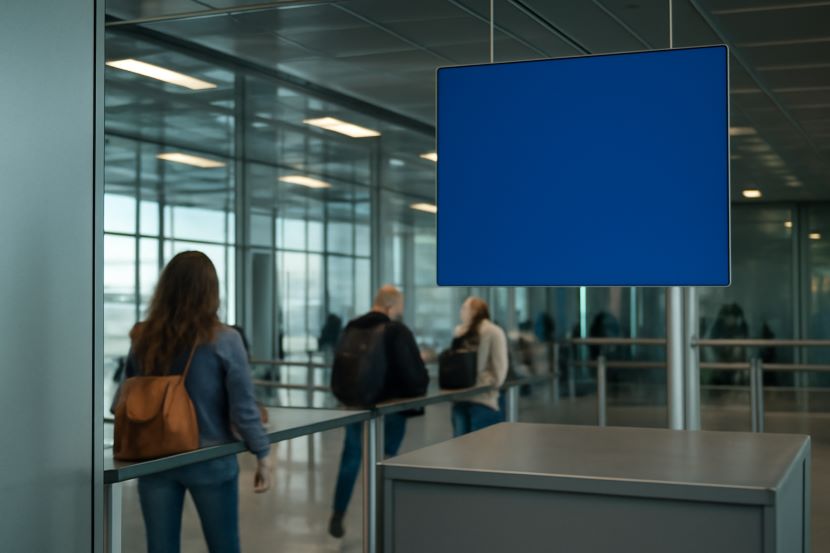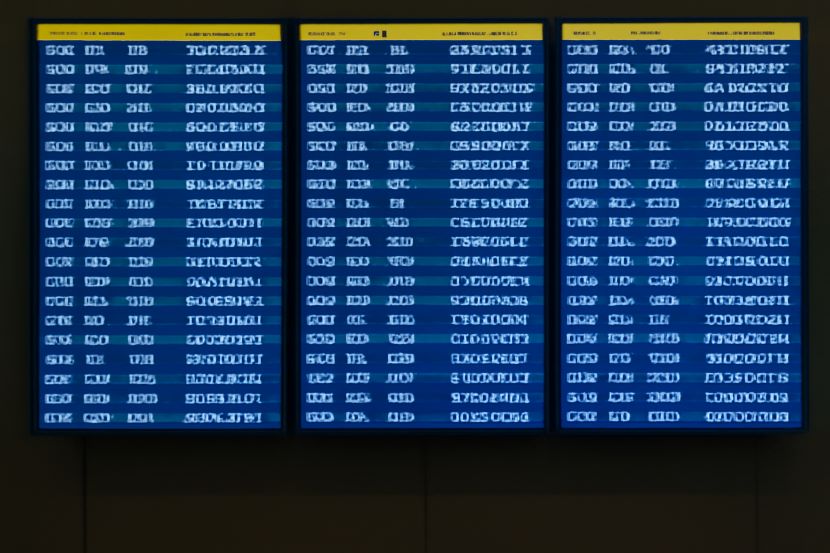Travel to Europe: Understanding the New EU Entry Rules and Exemptions

In a significant move, the European Union given a new border regulation, enforcing a 90-day rule for travelers entering Schengen Area countries. This means visitors from non-EU countries can stay for up to 90 days within a 180-day period without a visa. However, not all travelers will be subject to this new rule.
The new rule applies mainly to third-country nationals who are not holders of long-term visas or residency permits in the Schengen Area. In addition to the regulation’s primary aim of controlling migration and border security, certain groups are exempt from the 90-day limit. Whether you’re a frequent traveler, businessperson, or a tourist, knowing where you stand concerning the EU’s visa requirements is critical.
Understanding the 90-Day Rule for EU Travel
The EU’s 90-day rule states that individuals from non-EU countries can enter and remain in the Schengen Area for a cumulative total of 90 days within a 180-day timeframe. Essentially, travelers are allowed to stay within the Schengen Zone without a visa for up to three months, but they must exit the region and wait 90 days before re-entering.
Who is Exempt from the 90-Day Rule?
While the EU’s 90-day limit applies to many travelers, certain groups may be exempt based on the nature of their stay or their specific visa status. Additionally, travelers with specific permits, such as a student visa or work visa, may enjoy extended stays depending on their visa conditions. Another key group that benefits from exemption includes close family members of EU nationals, who may be allowed to stay longer than the standard 90 days if they meet the necessary criteria.
Impact on Travel Plans and Visas
For those traveling to the EU for leisure or business, it’s important to be aware of the nuances of the 90-day rule to avoid overstaying and potential fines or bans. But those who require longer stays for business, study, or other purposes must ensure they apply for the appropriate visa type.
A Schengen visa, for example, allows you to stay up to 90 days, but only within the 180-day window. To stay longer, you would need to apply for an extended stay or a national visa from an individual EU member state, depending on your destination.
What Does This Mean for Business and Leisure Travel?
For business travelers, the 90-day rule can significantly impact schedules. Many will be required to apply for specific business visas to stay longer than the 90-day period, especially if they plan on returning multiple times within a year. Similarly, leisure travelers aiming to explore multiple EU countries should plan their trips accordingly, ensuring they do not exceed the 90-day limit without proper visa authorization.
Tourists must be especially cautious, as overstaying even a few days can result in fines, deportation, or a ban on re-entry to the EU. With the rising popularity of travel to Europe, understanding the visa and border regulations is more important than ever.
Conclusion
As the EU’s 90-day rule comes into effect, travelers should take proactive steps to ensure their trips align with the new regulations. Staying informed, applying for the correct visa if needed, and keeping track of your stay will help ensure smooth and hassle-free travels within the Schengen Area. With the possibility of exemptions based on specific criteria like visa type or family connections, travelers can still enjoy an extended stay in Europe.
The post Travel to Europe: Understanding the New EU Entry Rules and Exemptions appeared first on Travel And Tour World.



